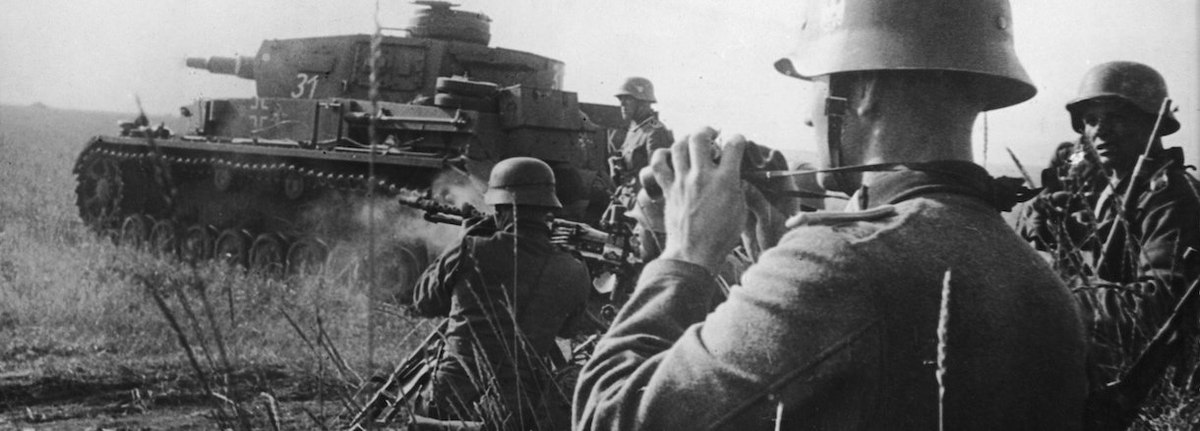New YouGov research analyzed the views, attitudes, and opinions of Americans about the role and importance of NATO and about war. The study examines what Americans think about the role of military alliances, the United Nations, the impact NATO expansion had on relations with Russia, the ability of the U.S. military to defend the country, and the prospects for nuclear war and peace
In April, the North Atlantic Treaty Organization (NATO) marked 75 years since its founding. The anniversary has come at a time of global political, economic, and military instability across the world. The ongoing war in Ukraine, the conflict between Israel and Hamas in Gaza, and the rise in geopolitical tensions in other parts of the world in recent years all have prompted countries to increase military spending and engage in new military and defense alliances.
YouGov conducted a study in which Americans were asked to share opinions on NATO and its enlargement, and the impact it had on Russia. We also researched opinions about the role of the United Nations, the use of nuclear weapons, and the trust in the U.S. military to defend the country. The final part of the study looked at Americans’ views on prospects of peace on Earth.
The study was conducted from March 18 — 27, 2024 among 2,217 adults. The same study was conducted in the UK from March 18 — 22, 2024, and the results of that study are published on our UK website — yougov.co.uk.
The survey is divided into the following sections:
Part One: Americans on military alliances and NATO
Part Two: The expansion of NATO and its impact on peace in Europe
Part Three: The Role of the United Nations in preventing war
Part Four: Americans on defense and reasons to go to war
Part Five: Nuclear weapons and nuclear war
Part Six: Americans on the future of peace
Here are the top 15 things we found in the Big Survey on NATO and War:
Strong support for NATO — Seven out of ten Americans (71%) strongly or somewhat support NATO, including 40% who say they strongly support the military alliance. Support for NATO is higher among Joe Biden supporters (89%) than among Donald Trump supporters (70%).
One in five Americans (19%) thinks that NATO increases the likelihood of war taking place — including 29% of adults under 40 and 13% of older Americans. Nearly half of the population (46%) think NATO lowers the chance of war.
Two-thirds (66%) of Americans favor the alliance’s expansion in Europe — including 86% of Biden supporters and 61% of Trump supporters.
Seven in ten (72%) are in favor of Ukraine joining NATO — with 14% opposing it and 15% saying they don’t know. Eight in ten Biden supporters (82%) and six in ten Trump supporters (63%) would like to see Ukraine in NATO.
Nearly half of Americans (47%) would like to see Israel join NATO — including 44% of Biden supporters and 60% of Trump supporters. Also, one in five Americans (20%) think China should be welcomed in NATO, but most (55%) disagree.
One-third of Americans (36%) think that NATO’s expansion to other parts of Europe worsened relations with Russia — while just 14% think the expansion improved relations with Russia.
Less than half of Americans (46%) think the U.N. is very or somewhat effective in preventing wars around the world — including 65% of Biden supporters and 38% of Trump supporters. One-third of Americans (34%) think the U.N. should have more influence in the world than now, while one-quarter (24%) think it should have less. Americans are split on whether they’d support the formation of a U.N. army: 34% are in favor but 33% are against, and one-third (33%) are undecided.
Two-thirds of Americans (65%) think it is very or somewhat likely that the U.S. will be directly involved in a military conflict within the next five years — including 26% who say this is “very likely.” About half of Americans (49%) say the U.S. should go to war if an ally is attacked, while 29% disagree and 22% are not sure.
World War II stands out as the only conflict polled about where the majority of Americans think it was right for their country to be involved (69%) — while opinions are split on other conflicts.
Confidence in the U.S. army — About three-quarters of Americans (77%) say they are very or somewhat confident in the ability of their army to defend the country in case of an attack by another power, including 43% who say they are “very confident.”
Support for more military spending — About half of Americans (51%) support the U.S. increasing its military spending, including 22% who say it should “increase significantly.”
Americans don’t think nuclear weapons make the world safer — Just one in eight Americans (13%) think nuclear weapons are making the world a safer place, while 63% think the opposite. About half of Americans (49%) advocate for a world free of nuclear weapons.
Four in ten (41%) Americans have considered what to do in the case of a nuclear attack — including 47% of men and 35% of women.
First nuclear strike — One in six Americans (17%) say it could ever be acceptable for the U.S. to be the first to use a nuclear weapon in a future conflict, with a higher rate among men under 40 (31%).
Peace on Earth — More Americans think the planet will be less peaceful (39%) than more peaceful (17%) in 50 years, and 24% say it will be the same as now.
See the results for this YouGov poll
Methodology: This poll was conducted online on March 18 - 27, 2024 among 2,217 U.S. adults. Respondents were selected from YouGov’s opt-in panel to be representative of U.S. adults. The sample was weighted according to gender, age, race, and education. The margin of error for the overall sample is approximately 2%.
Image: Getty (FPG / Staff)







